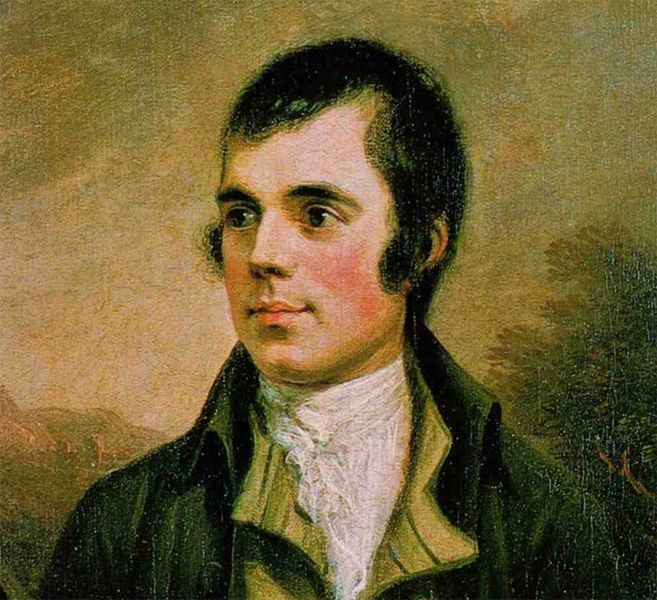ROBERT Burns generated the same frenzy among his fans as did The Beatles 150 years later, according to a historian.
The phrase “Burnomania” was coined just 15 years after the poet’s death by a contemporary literary critic, reveals Prof Christopher Whatley.
The Beatles regularly had audiences of over 50,000 at their live shows and Prof Whatley, of Dundee University, believes Burns developed the same mass appeal after he died 1796, aged just 37.
Prof Whatley says the peak of his cult status was reached in 1859, the centenary of his birth, and that over 872 mass events took place across Scotland, which were “bigger than Live Aid.”
The academic said: “‘Burnomania’ was a term of abuse, devised by [Rev William] Peebles in 1811.
“He disliked the Burns cult – but his word demonstrated how significant it was, even in 1811, and he felt able to write a book warning people not to read Burns because it was dangerous.”
Explaining why “Burnomania” emerged, he added: “Burns not only used the Scots language but also articulated a sense of Scottishness that I think is so important.

“It was nationalism from below and an enormously powerful force in the period up to the First World War, when there was a powerful home rule movement. Burns was tied into that in ways people haven’t fully understood.
“Nobody before had articulated those sentiments so clearly and ably, connecting with ordinary Scottish people.”
Prof Whatley believes the peak of the hysteria surrounding Burns took place on January 25,1859 – what would have been his 100th birthday.
He said: “It was incredible, so much bigger than something like Live Aid in our own time.
“It is the first time anything like that had happened certainly in Scottish history, probably in British history.”
Peebles first used the term Burnomania in his book Burnomania: the celebrity of Robert Burns considered: In a discourse addressed to all real Christians of every denomination.
Robert Burns was born on 25 January 1759 in the village of Alloway, two miles south of Ayr, Ayrshire.
He is widely regarded as the national poet of Scotland and in 2009, won a “Greatest Scot” of all time poll, beating William Wallace into second place.
His poem “Auld Lang Syne” – set to traditional folk music – is often sung at Hogmanay.

